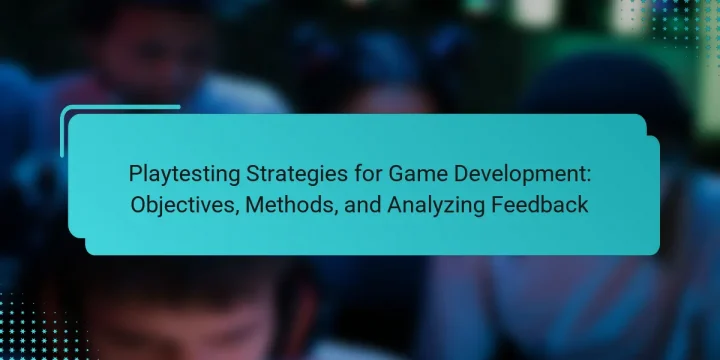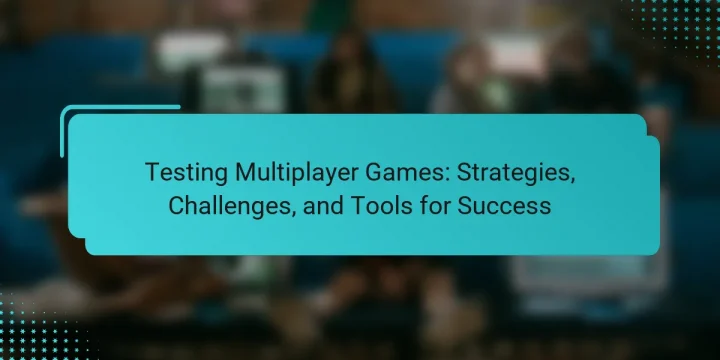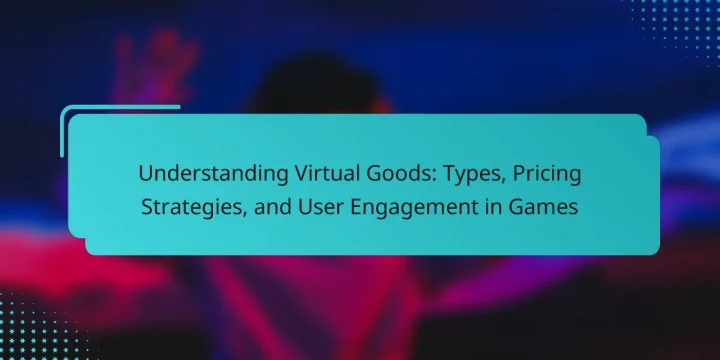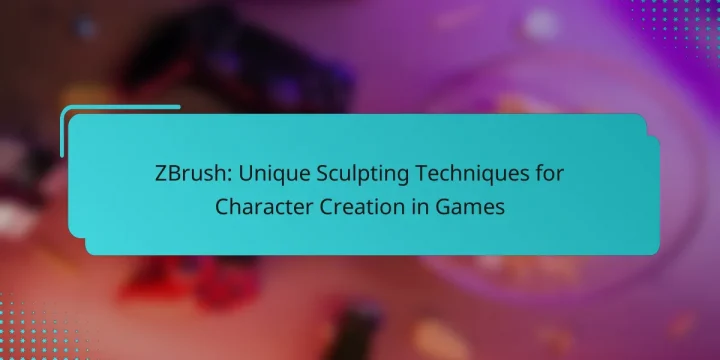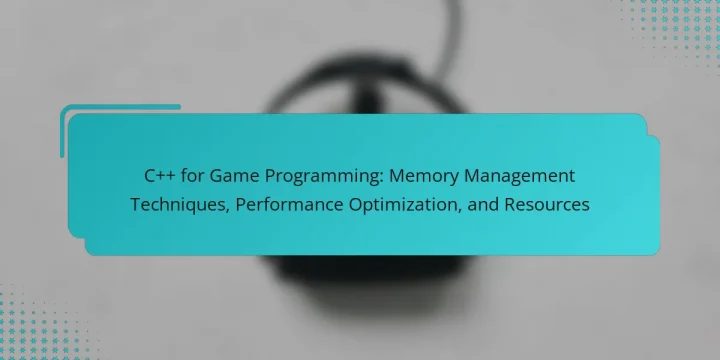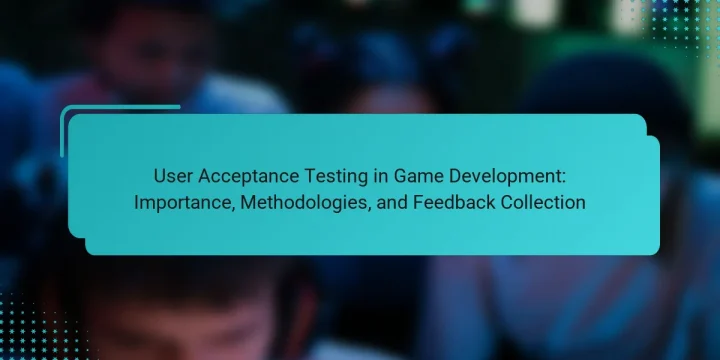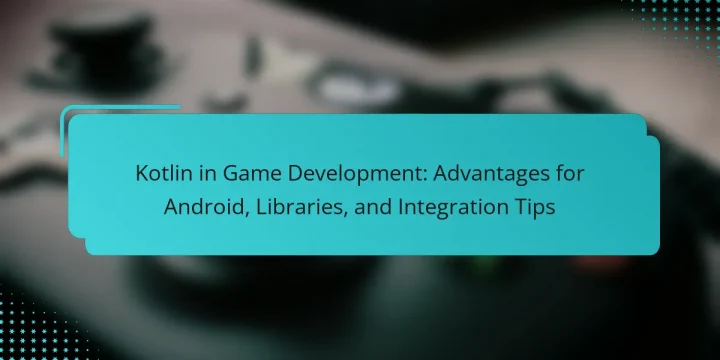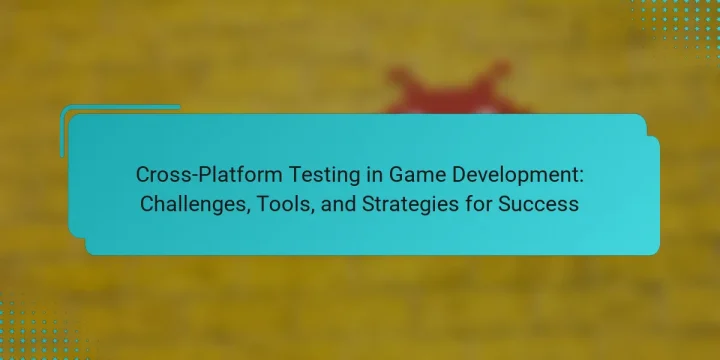
Welcome to Render World
At Render World, we believe every game developer deserves the best resources to bring their creative visions to life. Whether you're a seasoned pro or just starting your journey in game development, our platform is tailored to support you with invaluable tools, tutorials, and a vibrant community of like-minded individuals. Dive into a world where inspiration meets expertise, and let us help you elevate your game development experience.
From rich asset libraries to comprehensive learning materials, Render World is your go-to resource hub. Explore our extensive collection of articles, tutorials, and insights across various game development topics designed to enhance your skills and streamline your workflow. Join us and get ready to unlock your full potential as a game developer.
Explore Key Features
- In-depth Tutorials on Popular Game Engines
- Extensive Asset Libraries for Every Genre
- Expert Advice from Industry Professionals
- Engaging Community Forum for Collaboration
- Latest Trends and Technologies in Game Development


